|
Literary prizes all over the world shape what the future classics might be. There’s an added complexity in Africa where the big prizes are funded by foreign powers. Doseline Kanguru unpacks her research into the increasing role being played by African literary organisations to shape the prizes with an eye on developing talent on the continent.
Under the Trump administration there’s been an increase in the number of airstrikes aimed at helping Somali ground forces recapture territory taken by Al-Shabaab. But, as Bryce W. Reeder writes, the strategy has hidden costs.
And to mark the International Day for the Abolition of Slavery today here are two articles we published recently. The first is Fred Morton’s account of the extraordinary story of how slaves bound for resale in Arabian markets in 1888 landed up in southern Africa. The second is the terrible story of women facilitating Haitian children being drawn into slavery. Fiona de Hoog Cius explains.
|
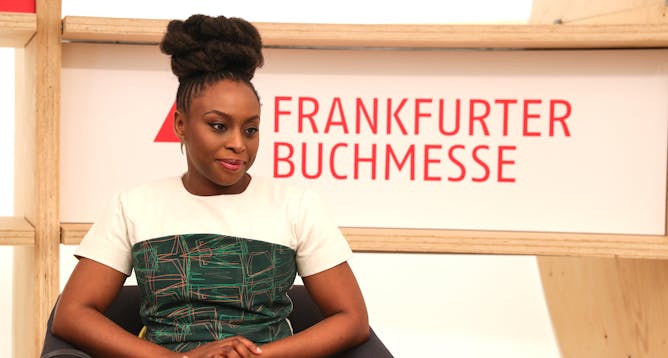
Best-selling Nigerian novelist and literary superstar Chimamanda Ngozi Adichie.
Armando Babani/EPA-EFE
Doseline Kiguru, Rhodes University
African literary prizes are slowly becoming more relevant and richer, thanks to writers organising on the continent.
|
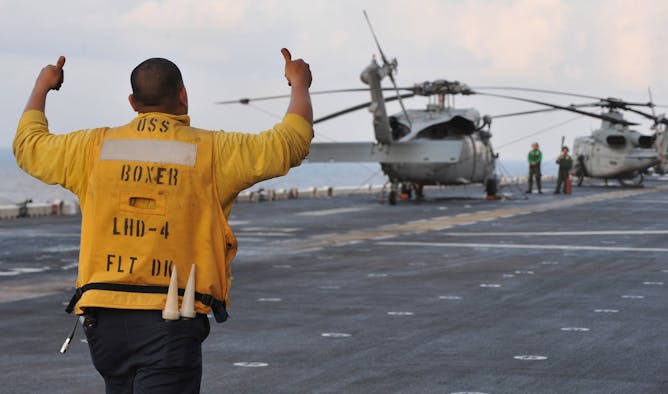
America’s military presence in Somalia could be causing more harm than good.
Mazen Mahdi/EPA
Bryce W. Reeder, University of Missouri-Columbia
The resilience of Al-Shabaab raises questions about the effectiveness of the current US military strategy in Somalia.
|
In the news
|
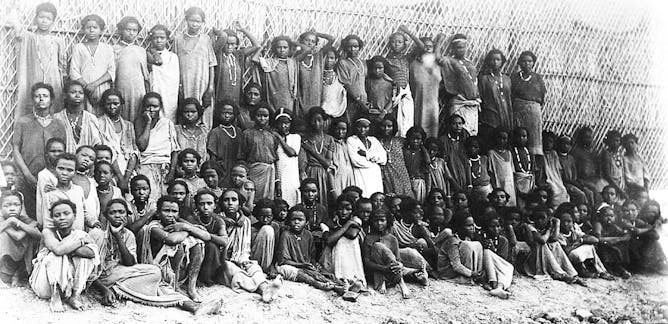
Fred Morton, University of Botswana
Book adds a great deal to our understanding of how children were ensnared into the Indian Ocean slave trade.
| |
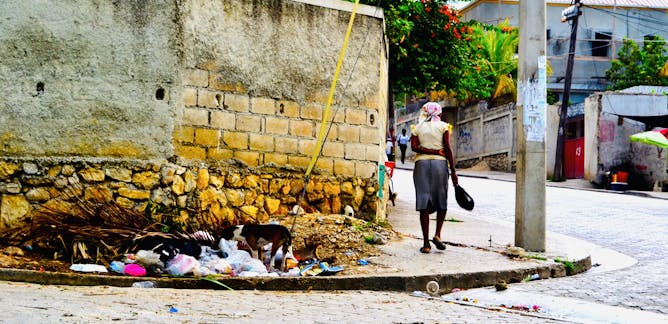
Fiona de Hoog Cius, Sheffield Hallam University
Recognising the role of women in global child slavery is key to addressing it.
|
|
|
Health + Medicine
|
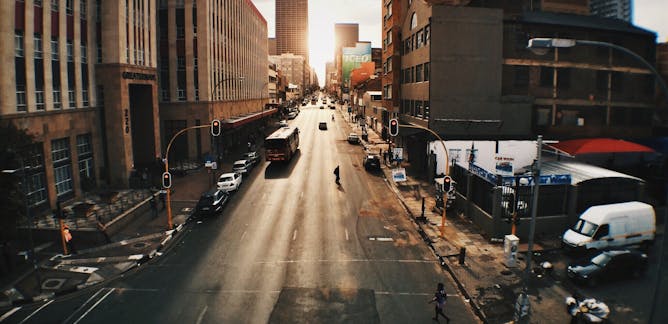
Bent Steenberg, University of the Witwatersrand
HIV is a condition that must be managed, not just medically, but also socially, tackling stigma, social anxieties and the risks of disclosure.
| |
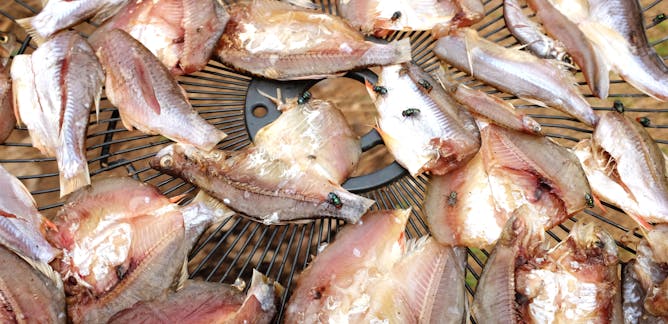
Olumide A Odeyemi, University of Tasmania
The presence of antibiotics in the environment poses a threat to global public health, food safety and human existence.
|
|
|
From our international editions
|
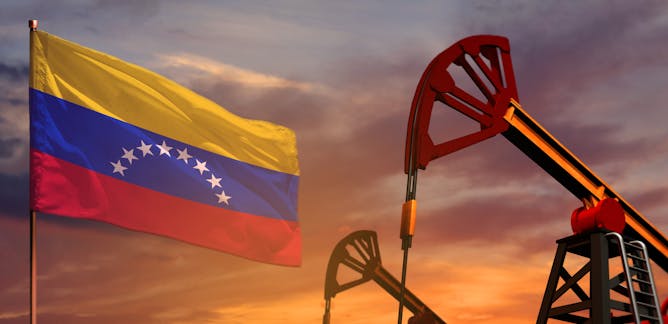
Martin Andersson, Lund University
Economic growth is a red herring if economies can't stop themselves shrinking more and more.
| |
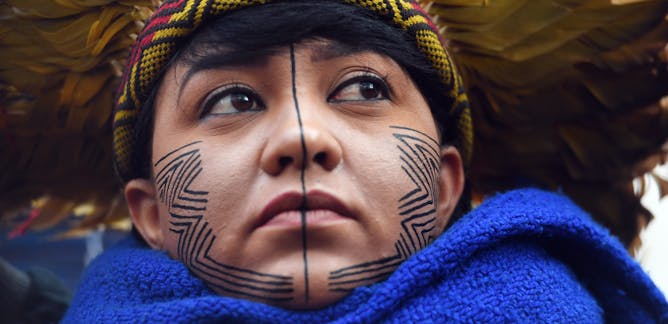
Fatima Garcia Elena, Nottingham Trent University
While celebrating the millions on streets in London and Vancouver, we must not forget the sacrifices of people in the Global South.
|
|
|